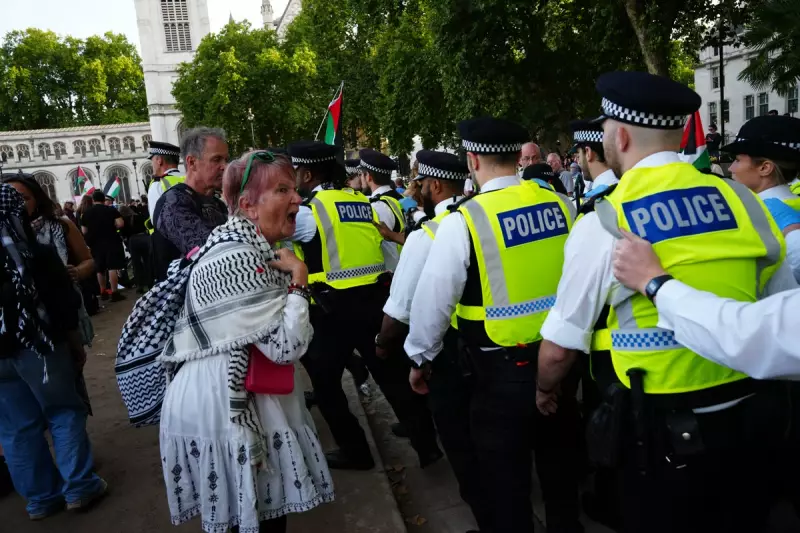
The Metropolitan Police is embroiled in a significant political storm following the emergence of a bombshell audio recording. The leak captures a high-level meeting where senior officers are heard discussing intense government pressure to ban a major pro-Palestine demonstration planned for Armistice Day in London.
The recording, obtained by The Independent, reveals Assistant Commissioner Matt Twist expressing serious concerns about the Home Secretary's public criticism of the force. He is heard stating that the Met's operational decisions were being subjected to an "unprecedented" level of political scrutiny, creating a deeply challenging environment.
A Clash of Powers
At the heart of the controversy is the delicate balance between operational independence and political oversight. The audio suggests that senior officers felt compelled to reassess their initial decision to allow the protest to proceed, directly in response to ministerial demands.
This has sparked fierce debate amongst politicians and civil liberty groups. Critics argue that the incident represents a dangerous blurring of lines, with the government potentially overstepping its mark by attempting to influence police operations for political reasons.
Public Trust and Operational Independence
The fallout from this revelation strikes at the core of the British policing model, which is built on the principle of operational independence from government. The perception that the Met may be swayed by political pressure risks eroding public trust, particularly among communities who feel their right to peaceful protest is under threat.
The Palestine Solidarity Campaign, the organisers of the planned march, have condemned the government's alleged interference. They maintain that their demonstration was always intended to be peaceful and respectful of Armistice Day commemorations.
This incident is likely to have lasting implications for the relationship between the Home Office and the country's largest police force, setting a potentially dangerous precedent for future protest policing.





